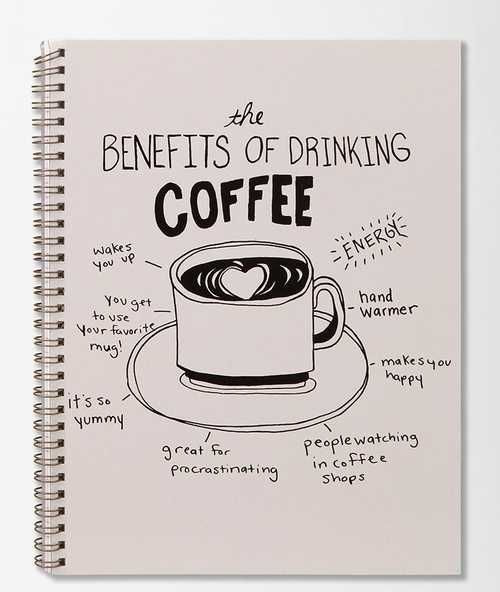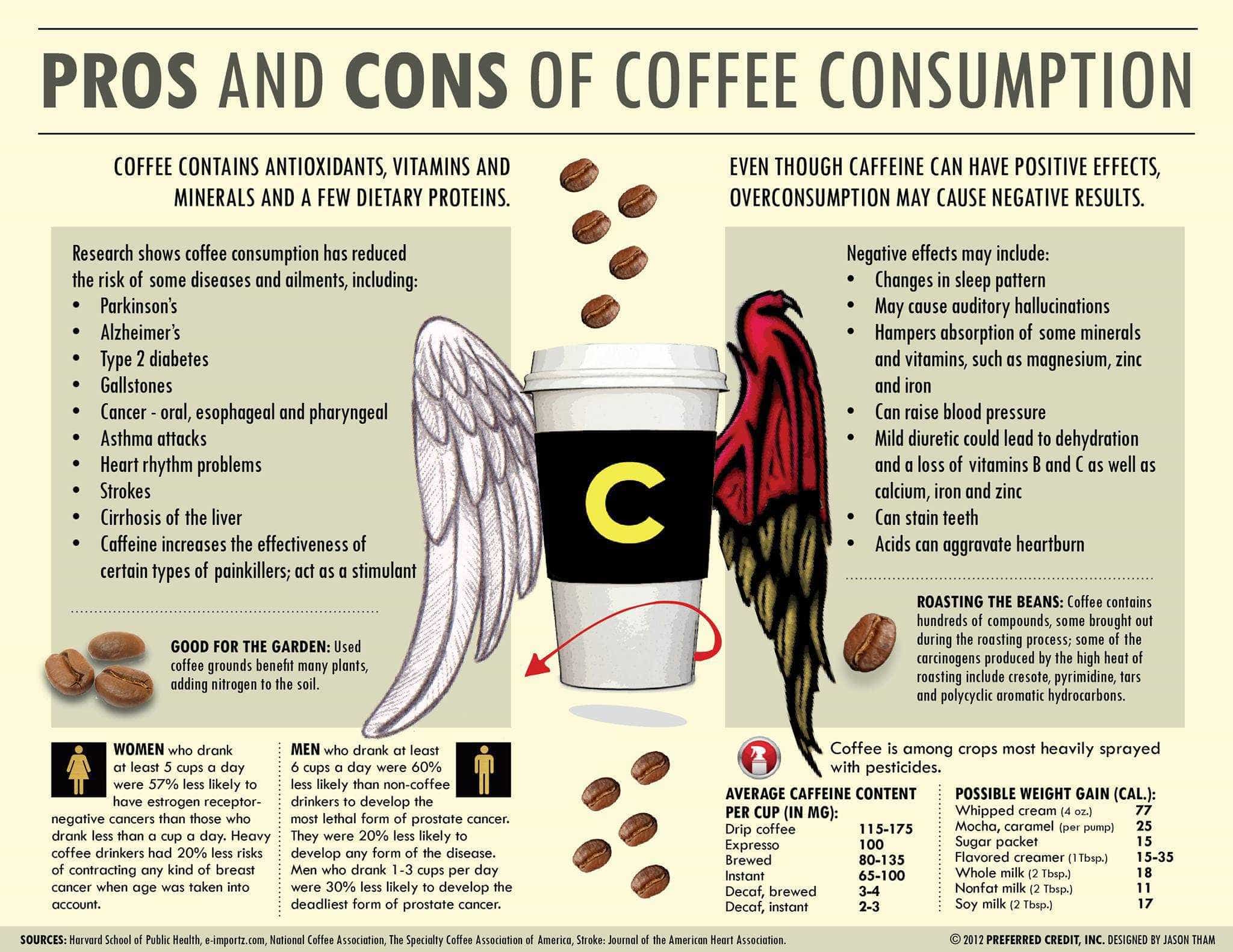Ever entertained the idea of hooking up an IV full of coffee into your arm? Nurses are famed to be fans of coffee because many cannot start the shift without a cup or more to perk them up. Caffeine has many benefits to humans, but are there any cons that nurses must know about their ultimate energy beverage?
1. Caffeine and Sleep
When you cannot almost open your eyes at the start of your shift, you would always grope in the dark for a vending machine that dispenses coffee. Caffeine is the ultimate sleep-driver of nurses; some could not even start their shifts without it. While some nurses almost worship coffee, there seem to be drawbacks according to recent studies. Studies by the American Academy of Sleep show that after three nights of sleep restriction, the benefits of caffeine are no longer effective. Caffeine was able to improve the subjects’ psychomotor vigilance task on the first two days of restricted sleep for 5 hours every night, yet on the third night, the effect of two daily 200 mg doses of caffeine was lost on the subjects.

Since coffee is a stimulant that is used worldwide to counteract sleepiness, it is essential that consumers would have an idea about the effect of caffeine. As nurses, you must be aware that coffee has benefits and drawbacks too, so you can adjust your consumption and still enjoy the benefits it has to offer.
2. Caffeine and Energy

Caffeine is the most popular stimulant used by busy people including nurses. They claim that coffee gives them boosts of energy like no other stimulant can. Ever felt wanting coffee more even after you have just ingested a large amount? Whenever you feel highly stimulated, a low immediately follows, prompting you to consume more coffee to lift yourself again. Caffeine is effective in boosting our energy, but the energy it gives is short-lived. This is the reason why you have energy swings whenever you drink coffee. Drinking just enough cups of coffee every day as opposed to drinking several cups can stimulate your adrenals to act quickly yet capably, avoiding developing adrenal fatigue, a common disorder of people who have repeated and long-term doses of coffee.
3. Caffeine and the Adrenal Glands
Nurses are certified coffee lovers because this drink perks them up like no other. Drinking coffee like it is water is a feat that happens each shift. However, nurses and the people who are self-confessed caffeine addicts must know that too much coffee affects the adrenal glands. Adrenal glands are the tiny glands that sit on top of the kidneys and release hormones that trigger the fight-or-flight reaction of our body. It stimulates the release of adrenaline which prepares the body for action.

Because of the stimulant, the adrenal glands continue to release adrenaline, leading to burn out of the glands because of overuse. This would ultimately result in adrenal fatigue, wherein the adrenals are weakened and cannot respond adequately to stimulation. The solution to this is to limit the intake of coffee or quit drinking coffee altogether.
4. Caffeine and Cortisol
Ever wondered why most nurses cannot live or start the day without coffee? This has something to do with the body’s cortisol levels. Naturally, cortisol levels are high in the morning, because cortisol is responsible for us rising and waking in the morning. However, in people who are caffeine addicts, they tend to ingest massive amounts of caffeine at the start of the day which leads not to a high, but a low concentration of cortisol. Then, they start drinking more coffee because they are still feeling sleepy despite the humungous amount they already drank. This is the cycle of caffeine addiction.

Cortisol also has to do with eating. People who have huge surges of cortisol during meals tend to eat a lot, leading to higher body fat, lower muscle mass, and reduced metabolism. They cannot sleep well at night because increased cortisol levels keep them from entering stage 4 of sleep, which is the stage where there is rebuilding and repairing of the cells. This is the part of caffeine that keeps nurse awake during graveyard shifts. Nurses may thank coffee for keeping them up and running, yet everything that is too much for the body would end up harming it.
5. Caffeine and Our Skin
Nurses should be conscious of how they look because this can add to the pleasantness that they can share with their patients. Our skin is the largest organ in our body and the most noticeable, so keeping it fresh and hydrated is a must. However, your all-time favorite caffeine could cause wrinkling and aging because it dehydrates the skin and elevates cortisol levels. A decrease in collagen and elastin production is also found with increased consumption of caffeine, leading to skin aging.

So despite the toxic shift, nurses must never forget to drink lots and lots of water to maintain a healthy and beautiful skin and become more presentable in front of their patients.
6. Caffeine and People
All these ill effects on our favorite beverage, yet you are still reluctant to let go of your caffeine habits. Different people, different reactions to coffee. Not everyone can get used to just one amount of coffee. The amount that is too much for one person can be too little for another. The effect of caffeine varies from one person to another, so there is no perfect amount of coffee for anyone or everyone. Drinking the amount that you consider adequate is recommended, just as long as you recognize what is too much for your health.

Coffee is not all bad for health, especially for nurses who treat this beverage as their best friend. The harm would start upon the abuse of caffeine. Because coffee manages to perk up nurses, it has become part of their routine, just as long as it does not affect their health and their performance during their shift negatively. You just have to recognize how much is good or bad for yourself.
